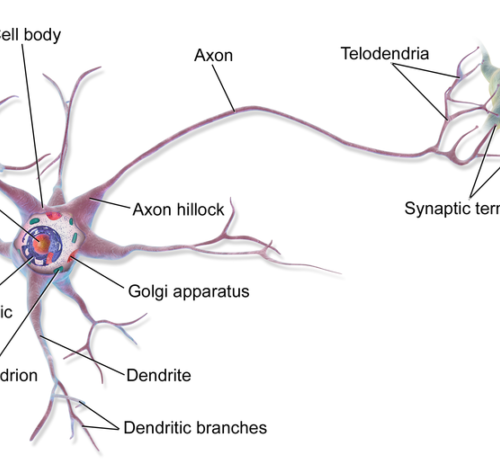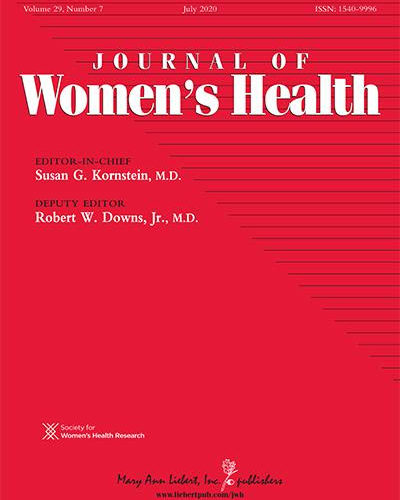by University of Wisconsin-Madison Best vitelliform macular degeneration, or Best disease, is an inherited eye condition that typically leads to blindness over the course of a few decades. The disease can be caused by more than two hundred mutations in the BEST1 gene. The researchers were able to correct the disease in stem cells from...
Tag: <span>Genetics</span>
Neurons are genetically programmed to have long lives
When our neurons — the principal cells of the brain — die, so do we. Most neurons are created during embryonic development and have no “backup” after birth. Researchers have generally believed that their survival is determined nearly extrinsically, or by outside forces, such as the tissues and cells that neurons supply with nerve cells....
“Self-eating” Process of Stem Cells May be the Key to New Regenerative Therapies
The self-eating process in embryonic stem cells known as chaperone-mediated autophagy (CMA) and a related metabolite may serve as promising new therapeutic targets to repair or regenerate damaged cells and organs, Penn Medicine researchers show in a new study published online in Science. Human bodies contain over 200 different types of specialized cells. All of...
Study in mice finds potential therapy to reverse memory loss from Alzheimer’s
by Macquarie University Researchers from Macquarie University have discovered a world-first new treatment that reverses the effects of memory loss associated with Alzheimer’s disease in a study of mice with advanced dementia. The research, co-led by two brothers, Dr. Arne Ittner and Professor Lars Ittner, from Macquarie University Dementia Research Center, builds on their work...
PANDEMIC FIGHT COSTS 500X MORE THAN PREVENTING ONE
The failure to protect tropical rainforests has cost trillions of dollars stemming from the coronavirus pandemic, according to new research. The pandemic has wreaked economic havoc and caused historic levels of unemployment in the United States and around the world. For decades, scientists and environmental activists have been trying to draw the world’s attention to...
Using a cardiovascular risk screening tool in women during routine gynecology visits
MARY ANN LIEBERT, INC./GENETIC ENGINEERING NEWS JOURNAL DEDICATED TO THE DISEASES AND CONDITIONS THAT HOLD GREATER RISK FOR OR ARE MORE PREVALENT AMONG WOMEN, AS WELL AS DISEASES THAT PRESENT DIFFERENTLY IN WOMEN view more CREDIT: MARY ANN LIEBERT, INC., PUBLISHERS New Rochelle, NY, July 20, 2020–A new study has shown that although 86% of...
A never-before-seen cell state may explain cancer’s ability to resist drugs
MEMORIAL SLOAN KETTERING CANCER CENTER Cancer’s knack for developing resistance to chemotherapy has long been a major obstacle to achieving lasting remissions or cures. While tumors may shrink soon after chemotherapy, many times they eventually grow back. Scientists once thought that unique genetic mutations in tumors underlay this drug resistance. But more and more, they...
Non-invasive blood test can detect cancer four years before conventional diagnosis methods
by University of California – San Diego An international team of researchers has developed a non-invasive blood test that can detect whether an individual has one of five common types of cancers, four years before the condition can be diagnosed with current methods. The test detects stomach, esophageal, colorectal, lung and liver cancer. Called PanSeer,...
Study shows highly reproducible sex differences in aspects of human brain anatomy
by National Institutes of Health A scientific analysis of more than 2,000 brain scans found evidence for highly reproducible sex differences in the volume of certain regions in the human brain. This pattern of sex-based differences in brain volume corresponds with patterns of sex-chromosome gene expression observed in postmortem samples from the brain’s cortex, suggesting...
Study shows genetic markers are useful in predicting osteoporotic fracture risk
Findings hold potential for cost savings while improving efficiency of screening HEBREW SENIORLIFE HINDA AND ARTHUR MARCUS INSTITUTE FOR AGING RESEARCH A new study shows that genetic pre-screening could reduce the number of screening tests needed to identify individuals at risk for osteoporotic fractures. Douglas P. Kiel, M.D., M.P.H.,director of the Musculoskeletal Research Center in...






